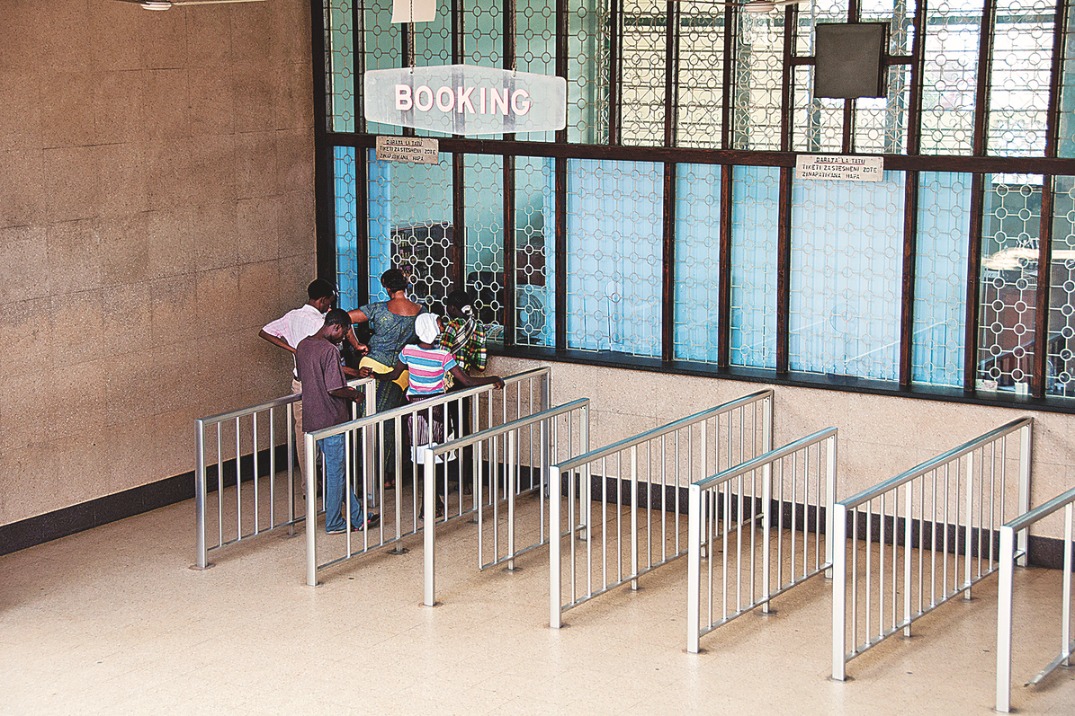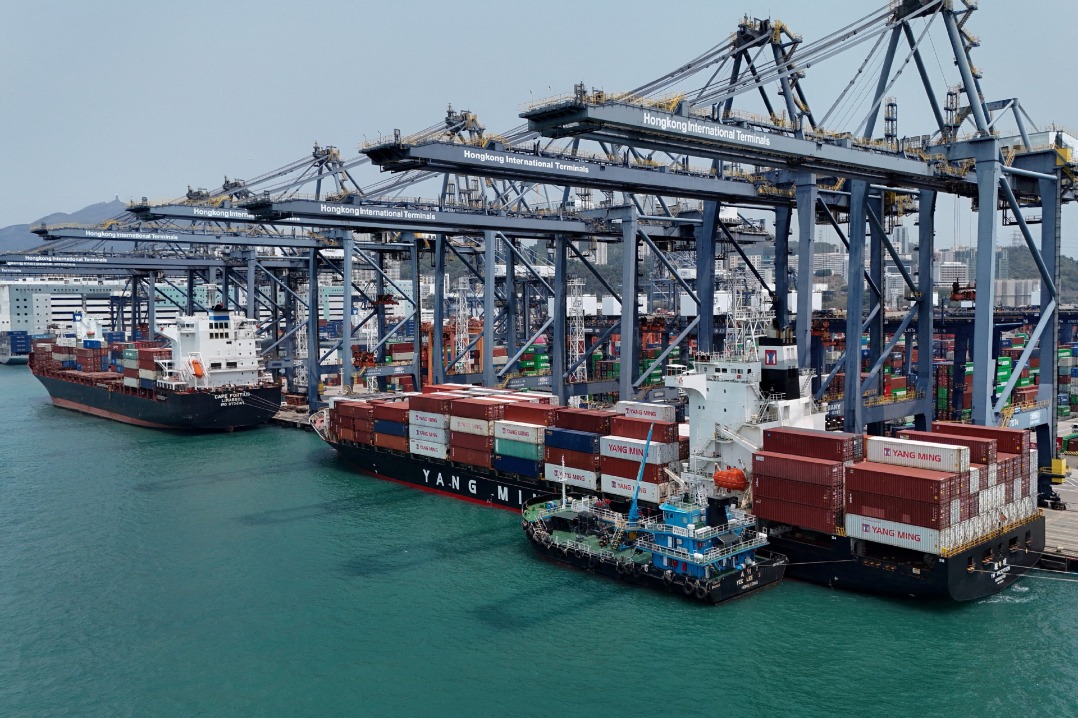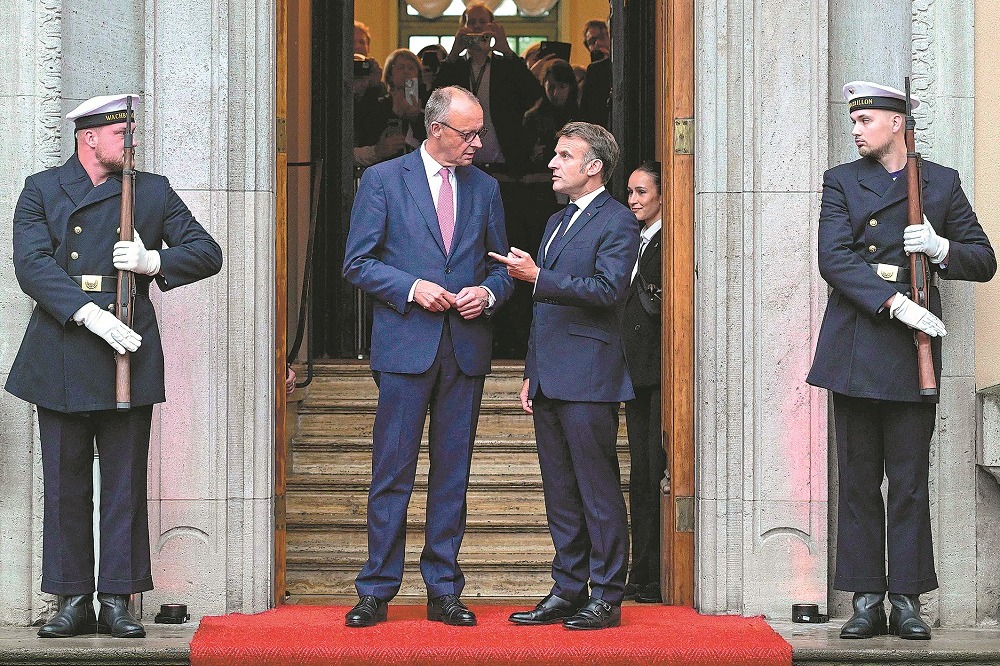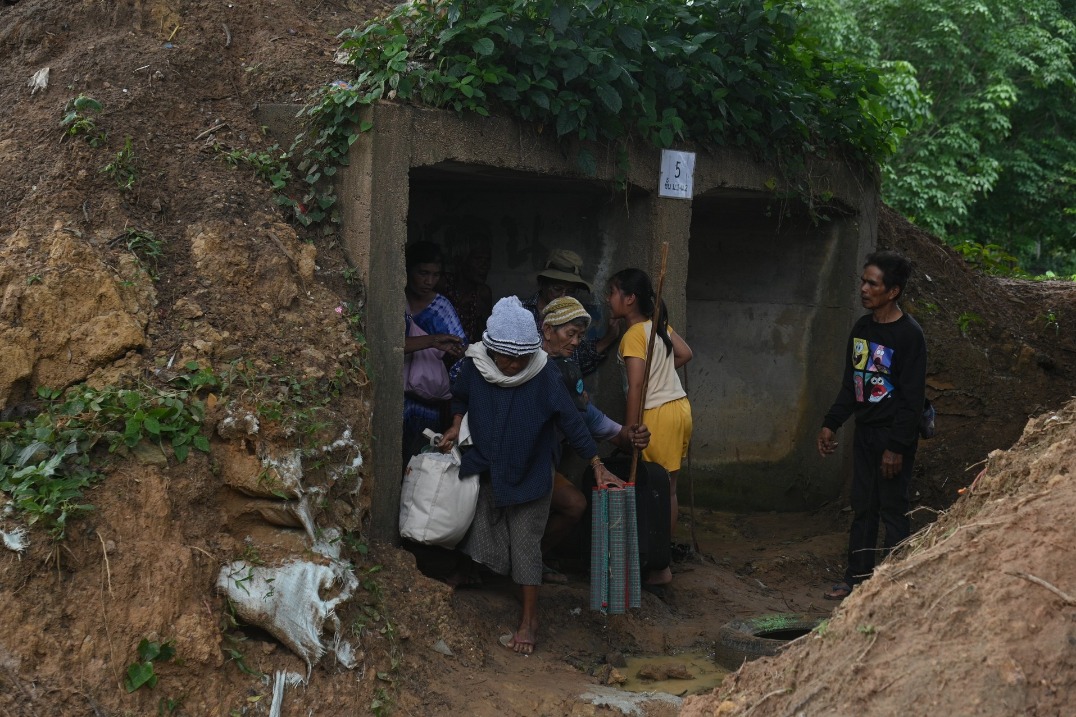China to help upgrade rail link in Africa
Tanzania-Zambia line to be revamped to bolster its role in regional integration

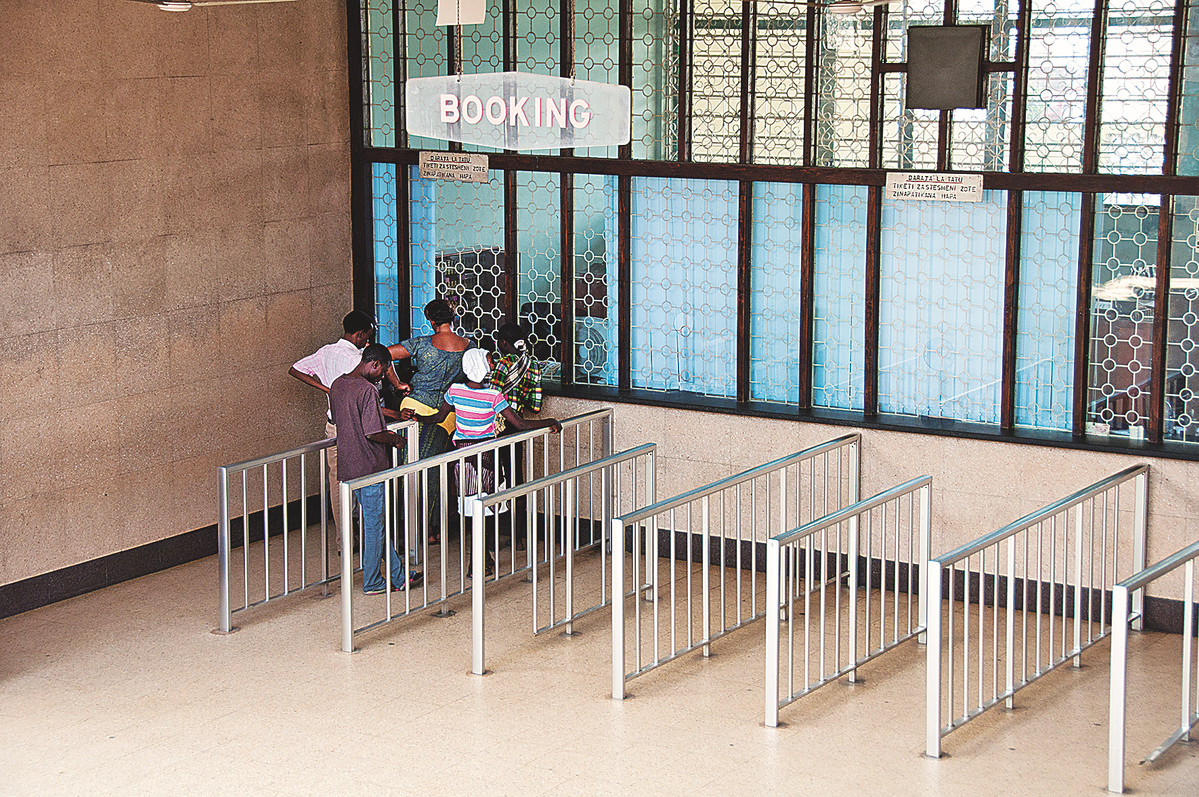
Five decades since it was first built with Chinese support, the TAZARA, a crucial railway linking Tanzania and Zambia, is undergoing a historic transformation to strengthen its role as a key route for trade and integration in Southern Africa.
Once hailed as a symbol of China-Africa friendship, the 1,860-kilometer railway linking the Port of Dar es Salaam in Tanzania to Kapiri Mposhi in Zambia is set for a comprehensive upgrade under a proposed 30-year concession agreement with China Civil Engineering Construction Corporation.
Bruno Ching'andu, chief executive officer of the Tanzania-Zambia Railway Authority, told China Daily that the railway currently transports approximately 400,000 metric tons of freight annually, which falls below historical peaks — mostly copper from landlocked Zambia and the Democratic Republic of Congo to the port of Dar es Salaam — and serves about 450,000 passengers.
The revitalization is expected to increase freight capacity to about 1.2 million metric tons in the first year. By the end of the fourth year, the capacity could reach 2.4 million metric tons, aiding copper and mineral exports.
He said that TAZARA remains the shortest and most strategic route linking Zambia and the DR Congo to access international markets via the Port of Dar es Salaam — a vital export gateway to Asia and the Middle East.
"After revitalization, TAZARA will remain the preferred gateway for traders seeking speed, reliability and access to the world's fastest-growing economies," Ching'andu stated.
He expressed confidence that the revamp will strengthen TAZARA's role within Africa's broader transport network by easing road congestion and reducing carbon emissions, positioning the railway as a cornerstone of the continent's green transport corridor.
Building on its legacy projects such as the Ethiopia-Djibouti Railway, Nigeria's Lagos-Ibadan Railway and Mombasa-Naivasha Standard Gauge Railway in Kenya, the revival of TAZARA is among China's most significant rail investments in Africa in recent years.
The comprehensive partnership will see the CCECC handling track refurbishments, communication upgrades, procurement of trains and carriages, and modernization of workshops along the railway, which was originally built in the 1970s.
"In addition to the refurbishment efforts, the partnership by the CCECC aims to transform the railway line into a modern, efficient corridor that will support the industrialization goals of Zambia, Tanzania and the wider region, while also reinforcing the diplomatic ties between our nations," Ching'andu stated.
New quarry equipment, modern maintenance facilities and a revamped workforce training regime are expected to drastically improve operational reliability, safety and long-term sustainability.
Improving efficiency
He emphasized that the upgraded railway will dramatically reduce transit times and improve cost efficiency, enhancing the corridor's appeal for bulk shippers and solidifying TAZARA's role under the African Continental Free Trade Area Agreement.
"With reliable locomotives and modernized tracks, TAZARA will be more than just a railway — it will be a competitive enabler of intra-African trade and industrialization," he said.
Beyond restoration of infrastructure, the project is expected to generate thousands of jobs during the construction phase, with long-term employment opportunities throughout the operational period.
Included in the agreement are commitments to technology transfer, skills development and capacity building, ensuring local workers are trained and equipped for the modernized railway.
"Local ownership is critical," Ching'andu emphasized. "We have included mechanisms for knowledge sharing and technology transfer so that the benefits remain long after the project ends."
By the end of the 30-year concession, TAZARA envisions becoming a self-sustaining, high-capacity rail operator, supporting regional industrialization, lowering road congestion and contributing to Africa's transition toward green, integrated transport systems.
He told China Daily that the concession deal includes three years of intensive construction and rehabilitation, followed by 27 years of operations and maintenance led by CCECC.
Ching'andu noted that TAZARA will retain ownership of infrastructure and continue to run passenger services.
"This project is not just about restoring an old railway," Ching'andu said. "It's about redefining regional logistics, creating jobs, empowering local communities, and strengthening the long-standing ties between China and Africa."
















